Iran rejected a call Tuesday by three European countries urging it to refrain from any retaliatory attacks that would further escalate regional tensions. Iran calls it an “excessive request.”
The leaders of Britain, France and Germany in a joint statement Monday asked Iran and its allies to refrain from retaliation for the killing of Hamas political leader Ismail Haniyeh in Tehran last month. Iran has blamed Israel.
The European leaders also endorsed the latest push by mediators Qatar, Egypt and the United States to broker an agreement to end the Israel-Hamas war. Talks are expected to resume Thursday. And they called for the return of scores of hostages held by Hamas and the “unfettered” delivery of humanitarian aid to Gaza.
Mediators have spent months trying to get the sides to agree to a three-phase plan in which Hamas would release the remaining hostages captured in its Oct. 7 attack in exchange for Palestinians imprisoned by Israel, and Israel would withdraw from Gaza.
After more than 10 months of fighting, the Palestinian death toll is nearing 40,000 in Gaza, according to the Health Ministry there.
Here’s the latest:
TEL AVIV, Israel — Israel’s military says Palestinian militants have fired two rockets from the Gaza Strip and one of them landed in the sea off central Israel. It says the other projectile did not cross into Israeli territory.
Hamas’ armed wing said it fired two rockets at Tel Aviv, located on the coast in central Israel.
Palestinian rocket fire has dramatically quieted during Israel’s 10-month offensive in Gaza, which was launched in response to Hamas’ Oct. 7 attack into Israel. The last rocket attack on Tel Aviv was on May 26.
Militants still launch sporadic rocket and mortar attacks near the border, but nearly all the projectiles are intercepted or fall in open spaces without causing casualties or damage.
BEIRUT — Lebanese authorities have evacuated prisoners from police stations in Beirut’s southern suburbs and southern Lebanon to other parts of the country out of concerns about possible war with Israel, judicial and security officials say.
The officials say about 220 prisoners were moved. It comes amid concerns that the ongoing exchange of cross-border fire between Israeli troops and members of the Lebanon-based militant Hezbollah group might expand after Israel killed a top Hezbollah official last month. Hezbollah has vowed to retaliate.
If all-out war breaks out, many fear that Beirut’s southern suburbs and south Lebanon, where Hezbollah has a wide presence, could face intense Israeli airstrikes. The officials say the evacuated prisoners are held on suspicion of committing various crimes such as murder and theft.
— Bassem Mroue
JERUSALEM — Israeli Prime Minister Benjamin Netanyahu is trying to ease concerns over a decision by one of the three major credit rating firms to downgrade Israel’s economic rating amid the 10-month war in Gaza. The downgrade can affect Israel’s borrowing rate and its ability to seek cash from international lenders.
Fitch Ratings in its advisory note downgraded Israel from “A+” to “A” late Monday. “In our view, the conflict in Gaza could last well into 2025 and there are risks of it broadening to other fronts,” it said. “In addition to human losses, it could result in significant additional military spending, destruction of infrastructure and more sustained damage to economic activity and investment, leading to a further deterioration of Israel’s credit metrics.”
“The lowering of the rating is a result of Israel having to cope with a multi-front war that was forced on it,” Netanyahu said Tuesday. “The rating will be raised again when we win.”
JERUSALEM — Israeli Prime Minister Benjamin Netanyahu says a far-right minister who encouraged prayer at a flashpoint Jerusalem holy site “deviated” from arrangements governing it.
The rare acknowledgement of a breach in the so-called status quo appeared to be an effort to reduce tensions as Israel braces for possible retaliation from Iran and Lebanon’s Hezbollah over the targeted killing of two top militants last month.
The Al-Aqsa Mosque compound is the third holiest site in Islam and the holiest for Jews, who refer to it as the Temple Mount. It is at the emotional heart of the Israeli-Palestinian conflict, and perceived encroachments have often sparked violence across the region. Under a longstanding arrangement known as the status quo, Jews can visit the site but not pray there.



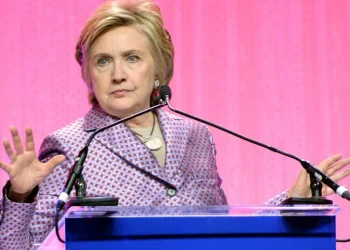
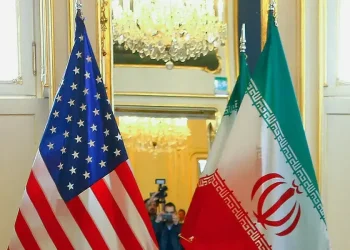

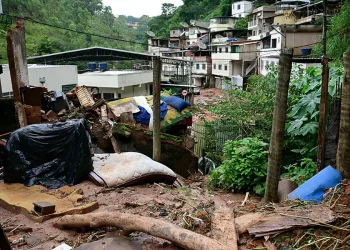
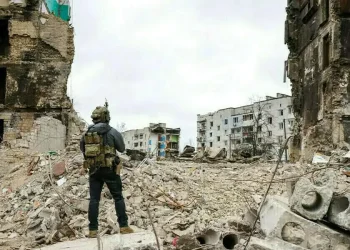
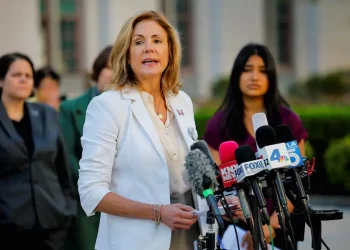

 American Dollar Exchange Rate
American Dollar Exchange Rate